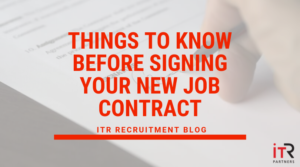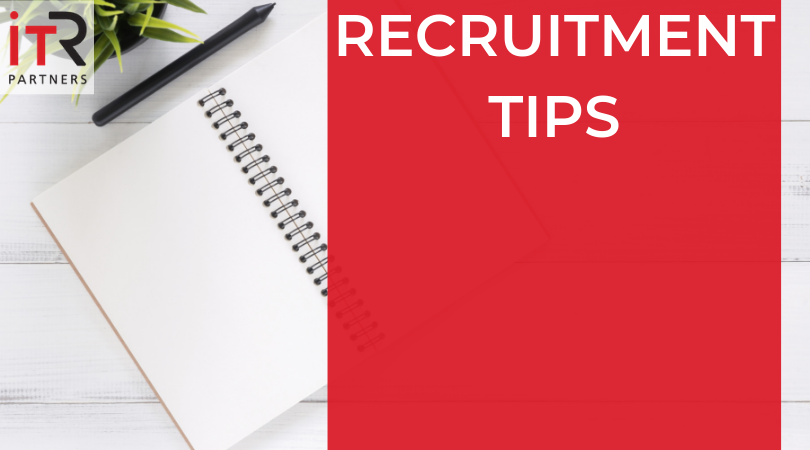Things to know before signing your new job contract

Feeling over the moon with your job offer? If the salary and the role are what you want to do, shouldn’t you just skim the contract and sign? No. It is always best to read the whole contract in detail, so you have an understanding what you are signing. Here are some things to know before signing your new job contract:
Job title and description
This will tell you exactly what your role is and what your duties are. Therefore, you will have an idea of duties your employer can and cannot give you. You need to check that the job description is what you want to do and does not look to impose added responsibilities. Make sure your title is correct and what you applied for, having an executive title for a managerial role isn’t great.
Location
If you have previously agreed to work in different areas, your employer will be in a strong position if you refuse to do so in the future. At the same time if you have discussed working remotely from home this should be in your contract. If it is in your contract and you refuse to work in a new location, your redundancy payment can be affected.
Salary and benefits
Make sure what was discussed and was in your offer letter is also in your contract. If you have agreed on benefits and expenses such as enhanced pension, car, health cover etc. you need to check this is in your contract. Check if you have bonuses are, they based on performance if so, do you have targets and you understand who decided the objectives.
Hours
Do not agree to work hours that you cannot commit to or will regret. As well as hours you should check whether there are shifts if so, will you be working evening/ weekends and the regularity of it. Check if you are being asked to do all the necessary hours that the job entails, and what would be expected. Lastly, check over time, are you required to do it, and do you get paid.
Holidays
Knowing when you can take your holiday and your entitlement should be discussed and addressed with your employer. Things you should check:
- When your holiday runs, i.e. 1st January to 31st This will also allow you to calculate how many days you have when you start your new job.
- Whether there is a period you cannot or have to take holiday i.e. Busy periods like Christmas, or only allowed during school holidays.
- Also, if you do not take your holiday are you entitled to roll over or get paid for these.
Notice
Check the time frame of your notice, make sure it isn’t too short or too long. A notice can be as little as a month but can increase for more senior positions. Make sure this is the right time frame for you as it is too short may not give you enough stability. On the other hand, having a notice that is too long may hinder your chances of finding a new job.
Check out our latest blog on How to Bounce Back If You Don’t Get the Job Offer
Follow us on LinkedIn for more career opportunities and recruitment tips!
Follow us for more updates


